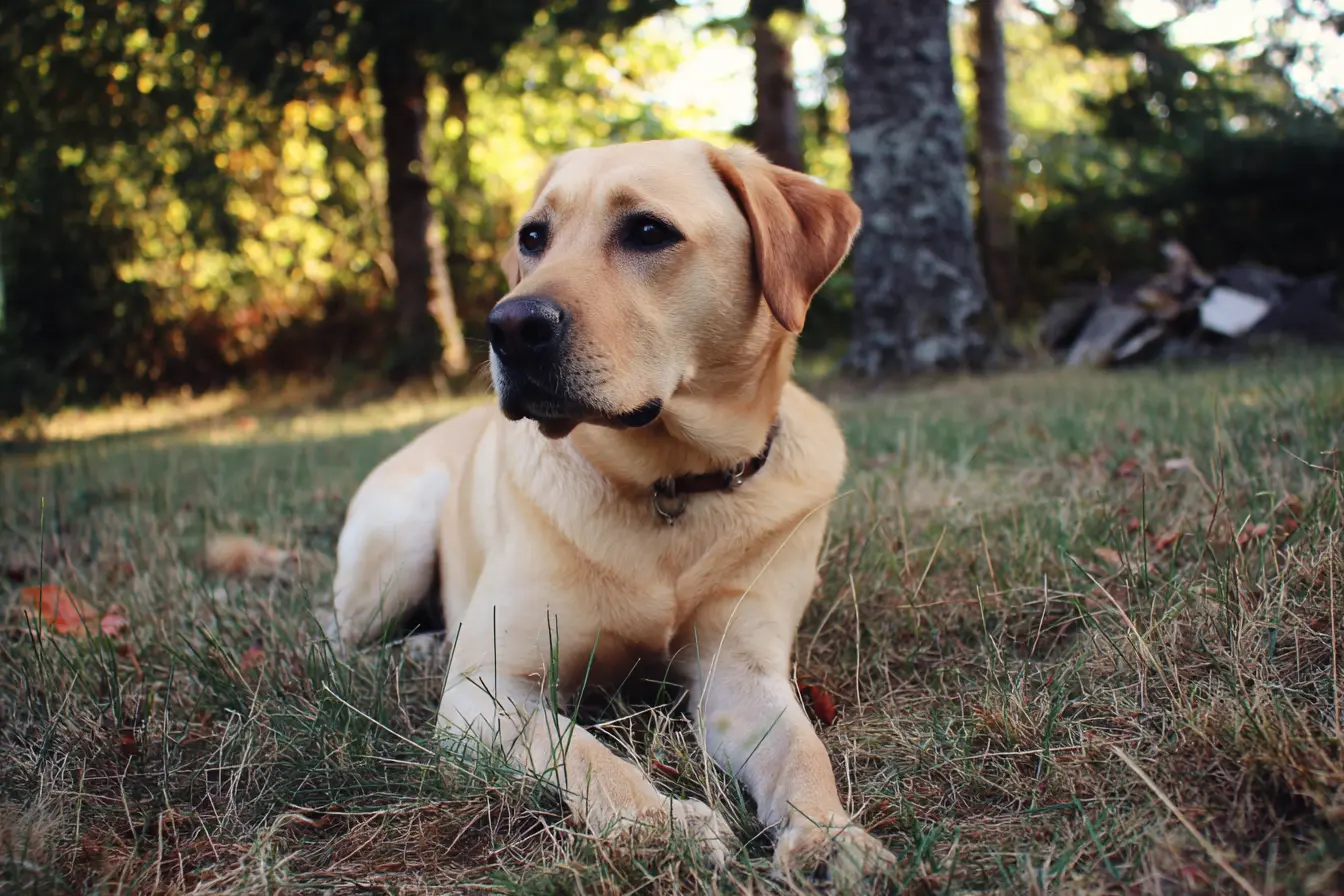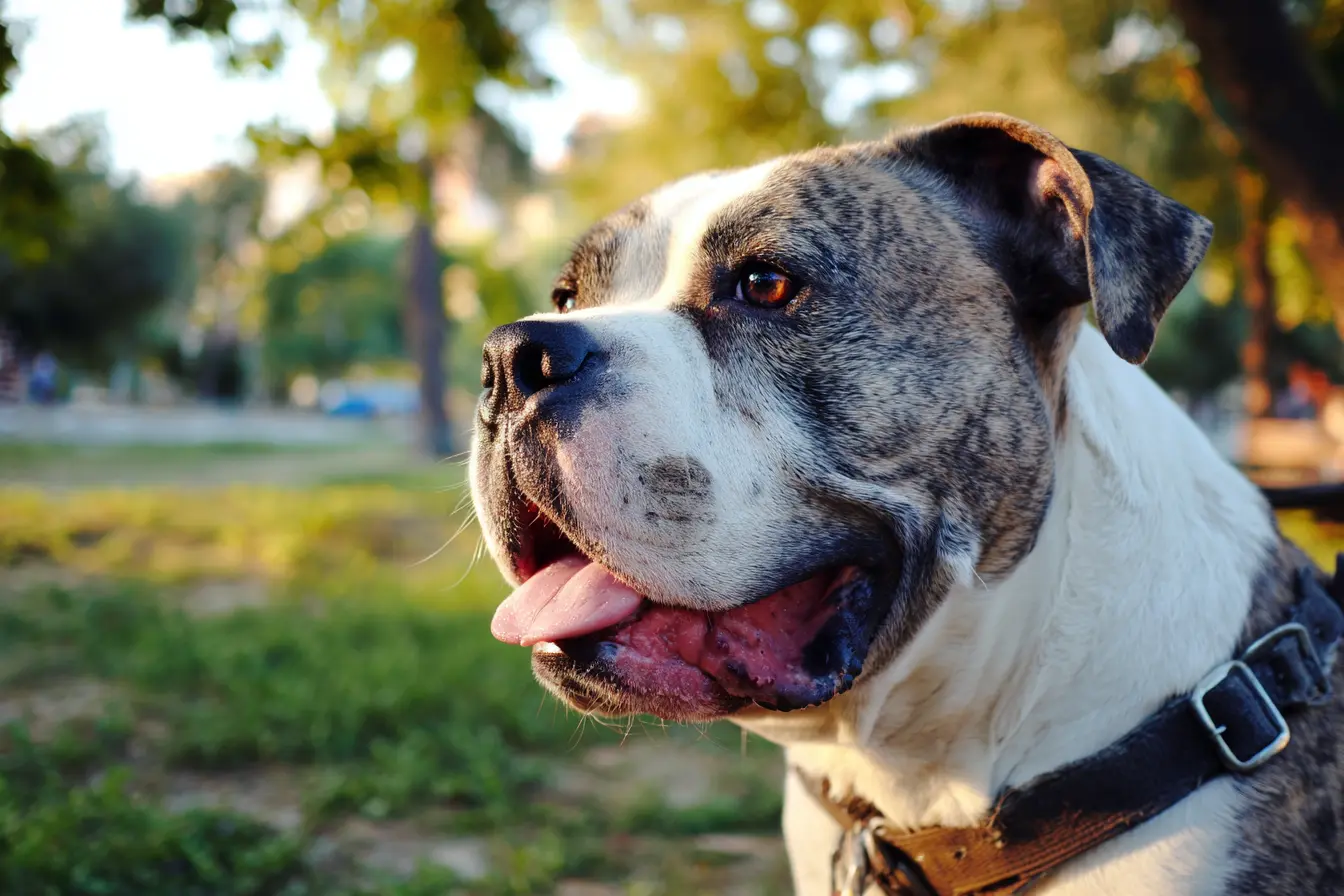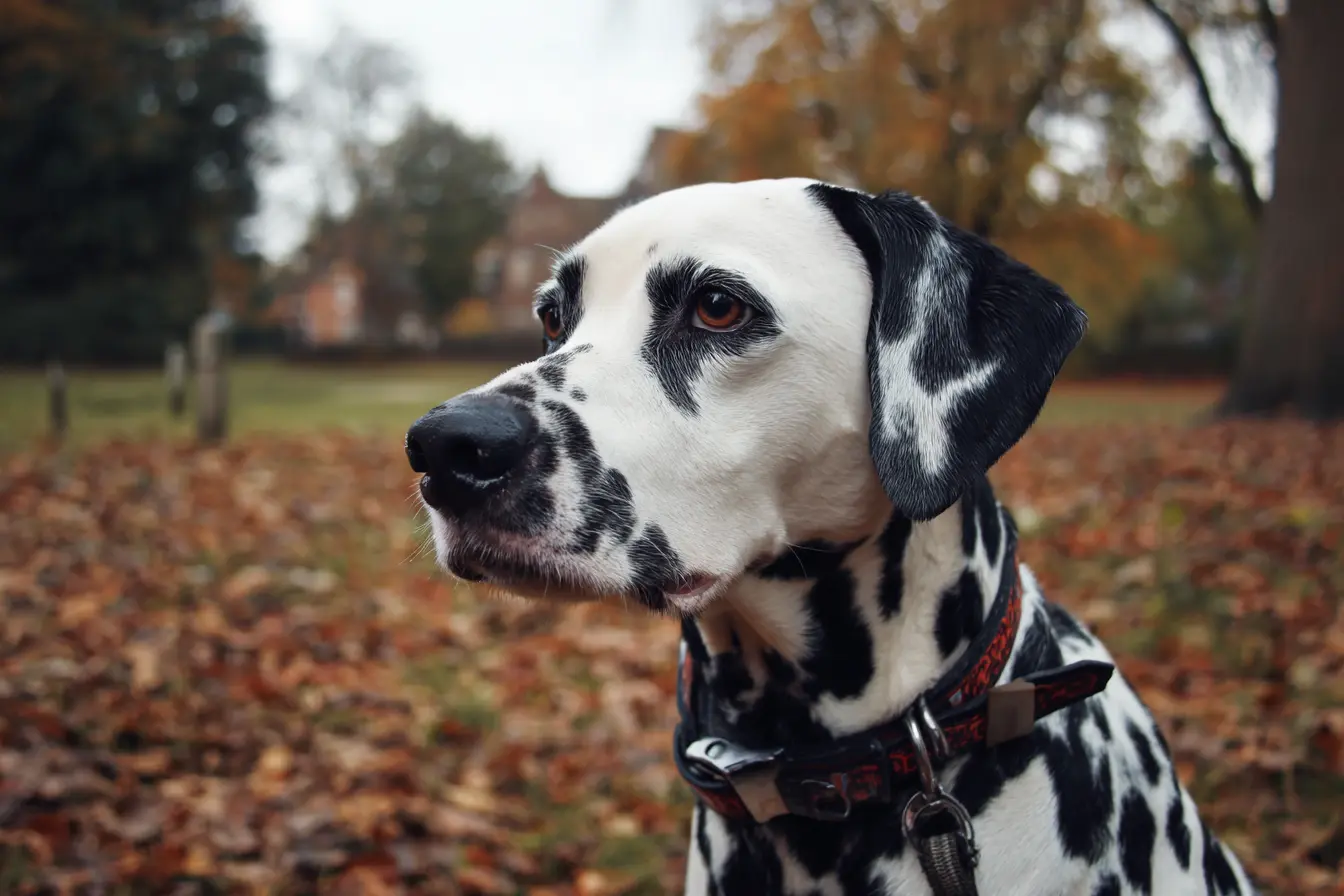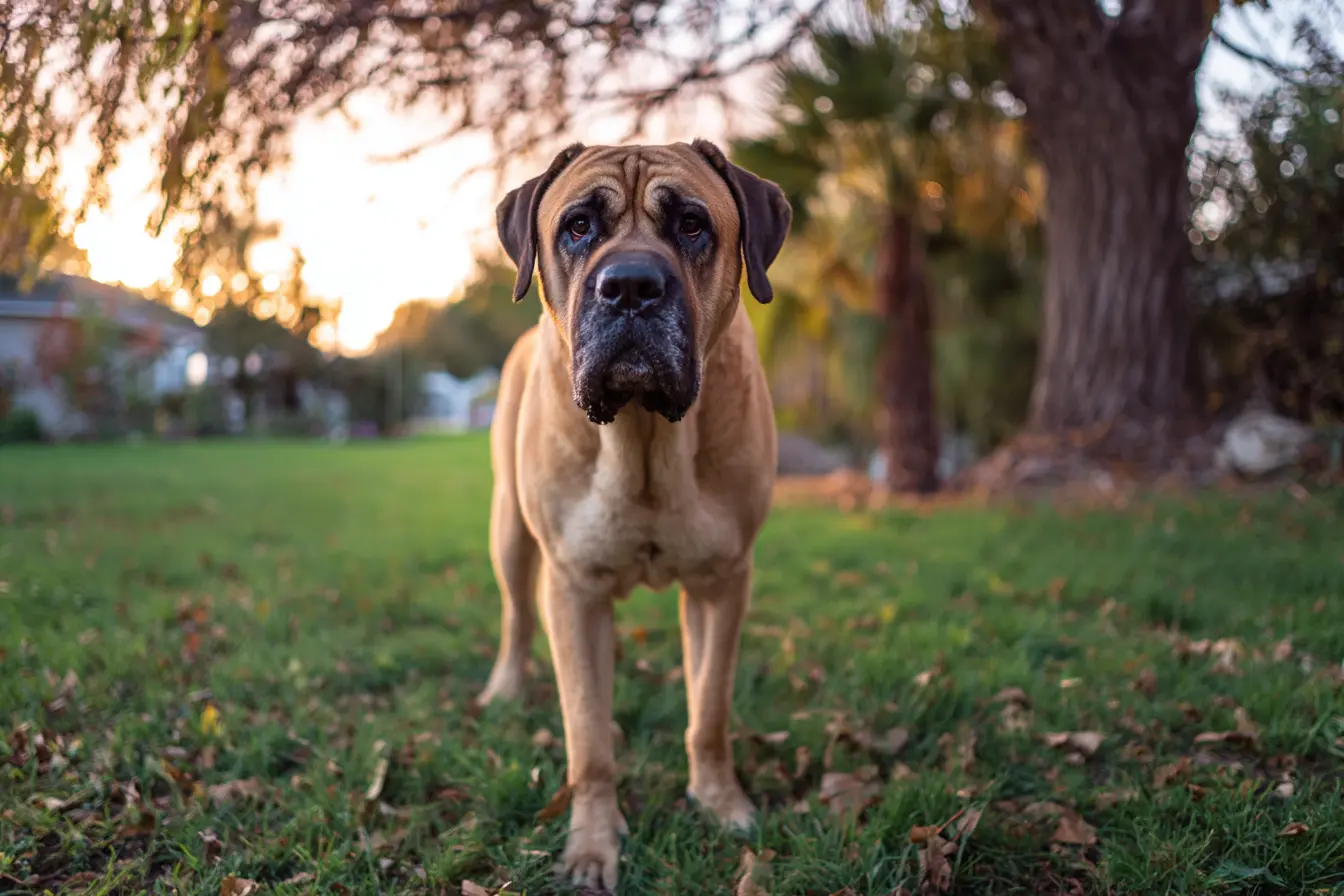
The Gundog Group: Skilled, Affectionate, and Versatile Companions
The Gundog Group is one of the most beloved and versatile groups in the canine world. Originally bred to assist hunters in locating and retrieving game, gundogs combine intelligence, trainability, and an eager-to-please nature. Whether serving in the field, excelling in canine sports, or enriching family life, gundogs are renowned for their companionship, loyalty, and hardworking spirit. If you are considering a gundog breed or are simply curious about these remarkable dogs, this guide will provide everything you need to know.
What is the Gundog Group?
Gundogs were originally developed to work alongside hunters, primarily to find and retrieve game. Their tasks vary depending on the terrain and type of hunting, but their common characteristics include a keen sense of smell, a love of retrieving, high trainability, and a gentle mouth for carrying game without damage.
Today, many gundog breeds excel not only in the field but also as beloved pets, therapy dogs, search-and-rescue dogs, and competitors in obedience and agility sports.
Main Types of Gundogs
The Gundog Group is typically divided into four categories based on their traditional roles:
- Retrievers: Bred to retrieve shot game from land or water.
- Spaniels: Flushed game out of dense cover for hunters.
- Pointers and Setters: Located game and indicated its presence by "pointing" or "setting."
- Water Dogs: Specialised in retrieving game from water (more prominent in some countries' classifications).
Key Characteristics of Gundogs
- Temperament: Friendly, eager to please, intelligent, and sociable.
- Energy Levels: Generally high; require regular exercise and mental stimulation.
- Trainability: Highly trainable; respond well to positive reinforcement.
- Work Ethic: Strong drive to work and cooperate with humans.
- Affection: Tend to form close bonds with families and enjoy companionship.
Gundogs are often recommended for active individuals or families who enjoy outdoor activities and are willing to provide regular exercise and engagement.
Popular Breeds Within the Gundog Group
Here are some of the most well-known and loved gundog breeds:
Retrievers
- Labrador Retriever: Friendly, intelligent, and versatile; excels in a variety of roles.
- Golden Retriever: Gentle, affectionate, and eager to please; known for their soft mouths.
- Flat-Coated Retriever: Energetic and playful; maintains a puppy-like attitude into adulthood.
- Curly-Coated Retriever: Distinctive tight curly coat; independent and hardworking.
- Nova Scotia Duck Tolling Retriever: Smallest of the retrievers; intelligent, energetic, and lively.
Spaniels
- English Springer Spaniel: Energetic and enthusiastic; excels in fieldwork and as a family pet.
- Cocker Spaniel: Cheerful and affectionate; adaptable to both working and pet homes.
- Field Spaniel: Calm, sensitive, and devoted; rarer than other spaniels.
- Clumber Spaniel: Steady and dignified; heavier and more relaxed than many other spaniels.
- American Cocker Spaniel: Smaller, with a more domed head and a luxurious coat.
Pointers and Setters
- Pointer (English Pointer): Athletic and driven; graceful hunters with a keen sense of smell.
- German Shorthaired Pointer: Versatile and energetic; excellent all-around sporting dog.
- Gordon Setter: Loyal and steady; the heaviest of the setter breeds.
- Irish Setter: Beautiful and exuberant; known for their striking red coats.
- English Setter: Gentle, elegant, and friendly; excellent both in the field and at home.
Other Notable Gundogs
- Weimaraner: Sleek and energetic; originally bred for hunting large game but now popular in fieldwork and as a pet.
- Hungarian Vizsla: Versatile hunting dogs; affectionate, sensitive, and energetic.
- Chesapeake Bay Retriever: Strong and determined; superb water retriever with a dense, oily coat for insulation.
Training and Exercise Needs
Gundogs thrive on having a job to do. Without sufficient physical exercise and mental stimulation, they can become bored and develop unwanted behaviours such as digging, barking, or chewing.
Training Tips:
- Start Early: Socialisation and basic obedience training should begin as early as possible.
- Use Positive Reinforcement: Rewards-based training works best with these sensitive and eager-to-please dogs.
- Mental Stimulation: Incorporate problem-solving games, scent work, and advanced training to keep their minds active.
- Consistency: Be clear and consistent in your commands and expectations.
Exercise Requirements:
- Daily walks: At least an hour per day, often more depending on the breed.
- Off-lead running: Secure areas are ideal for allowing safe, energetic play.
- Retrieving games: Playing fetch taps into their natural instincts.
- Dog sports: Activities like agility, obedience, rally, and field trials are excellent outlets.
Grooming and Care
Grooming needs vary depending on coat type:
- Short-haired breeds (e.g., Pointers, Vizslas): Minimal grooming, regular brushing to remove loose hairs.
- Longer or feathered coats (e.g., Setters, Spaniels): Regular brushing to prevent mats and tangles.
- Curly or dense coats (e.g., Curly-Coated Retriever): Occasional trimming and brushing to maintain coat health.
Regardless of coat type, all gundogs require basic care such as nail trimming, ear cleaning, and dental hygiene.
Because they are active dogs, maintaining a healthy weight and joint health through proper nutrition and regular exercise is essential.
Living with a Gundog
Gundogs are affectionate and sociable dogs that enjoy being part of the family. They tend to do best in homes where they have regular interaction, companionship, and activities.
While they are adaptable, they are not suited to homes where they would be left alone for long periods. Many gundogs are prone to separation anxiety if not properly managed.
Homes with access to outdoor space are ideal, but active city dwellers who commit to meeting their exercise needs can also raise happy and healthy gundogs.
Pros:
- Loving and loyal
- Highly trainable
- Good with children and other animals (with proper socialisation)
- Energetic companions for outdoor activities
Cons:
- High exercise and mental stimulation needs
- Can be destructive if bored
- Some breeds are prone to separation anxiety
- Certain breeds (like Spaniels) may require regular grooming
Is a Gundog Right for You?
If you are looking for an active, intelligent, and affectionate companion who thrives on training, exercise, and family life, a gundog could be an excellent match. They are ideal for owners who enjoy outdoor activities and who have time to devote to training and bonding.
However, if you prefer a low-energy, highly independent dog or are away from home frequently, a gundog may not be the right fit for your lifestyle.
Conclusion
The Gundog Group offers some of the most devoted, intelligent, and versatile companions in the dog world. Whether you are drawn to the exuberance of a Labrador Retriever, the elegance of an English Setter, or the spirit of a Springer Spaniel, gundogs bring loyalty, energy, and joy to every home they grace. With the right care, training, and environment, a gundog will be a loving and invaluable member of your family for many happy years.
Vets near you
Speciality vets
- Aquatics vet specialists
- Birds vet specialists
- Camelids vet specialists
- Cats vet specialists
- Cattle vet specialists
- Deer vet specialists
- Dogs vet specialists
- Equines vet specialists
- Exotic vet specialists
- Goats vet specialists
- Pigs vet specialists
- Poultry vet specialists
- Sheep vet specialists
- Small Mammals vet specialists
- Wild vet specialists
Vet facilities
- Accessible by public transport
- Blood testing
- Car park nearby
- Client car park
- Dentistry
- Diagnostic imaging
- Disabled public access
- Flea and worm treatments
- Microchipping
- Mobile services
- Neutering
- Open at weekends
- Out-of-hours service
- Referral interests
- Referrals only
- Street parking outside
- Toilets available
- Vaccinations



